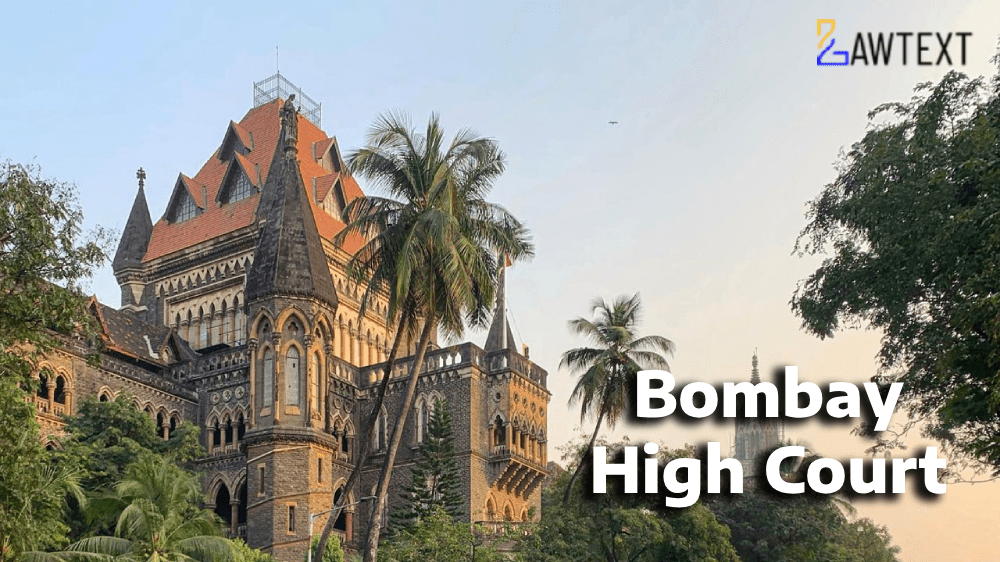

The Bombay High Court dismissed a writ petition challenging an Order-in-Original for failure to exhaust alternate remedies. The petitioner alleged a breach of natural justice but provided vague and generalized claims. The Court held that the Appellate Authority is best suited to decide factual and procedural grievances, and the filing delay further justified the dismissal.
The petitioner had abandoned reliefs under prayer clauses (a) and (b) and focused solely on challenging the Order-in-Original dated 12 January 2023 under clause (c).
The Court referred to its decision in Oberoi Constructions Ltd. vs. Union of India and reiterated the principle that writ jurisdiction should not be invoked unless there is no alternate remedy or extraordinary circumstances.
The Court noted procedural deficiencies in the petition, including vague prayer clauses, lack of specificity about the impugned orders, and poorly drafted amendments. It highlighted the responsibility of legal professionals to draft petitions properly.
The Court declined to entertain the petition due to:
Interim orders were vacated, and the writ petition was dismissed.
Constitution of India:
Statutory Remedy of Appeal: Provisions related to appeal against orders under applicable tax or commercial statutes (unspecified in judgment but relevant to impugned Order-in-Original).
Tax law, procedural requirements for writ petitions, natural justice, and statutory remedies.
#NaturalJustice #Article226 #AlternateRemedies #TaxDisputes #WritPetition #ProceduralLaw #DelayAndLaches #ConstitutionalLaw
Citation: 2024 LawText (BOM) (12) 98
Case Number: WRIT PETITION NO.210 OF 2024
Date of Decision: 2024-12-09
Case Title: Apex Iron (India) Pvt. Ltd. Versus State of Maharashtra & Ors.
Before Judge: M. S. Sonak & Jitendra Jain, JJ.
Advocate(s): Mr. Abhishek Rastogi (through VC) a/w Mr. Manish Rastogi and Ms. Meenal Songire for Petitioner. Ms. S. D. Vyas, Addl. G. P. a/w Ms. P. N. Diwan, AGP for Respondent State. Mr. Karan Adik a/w Mr. S. D. Deshpande for Respondent No.3.
Appellant: Apex Iron (India) Pvt. Ltd.
Respondent: State of Maharashtra & Ors.